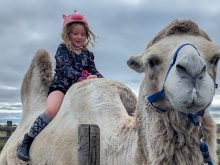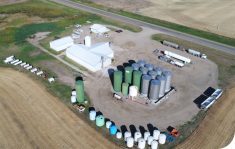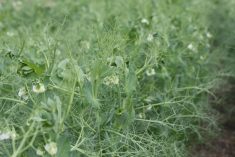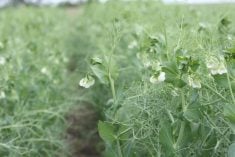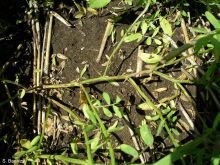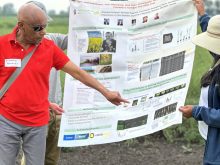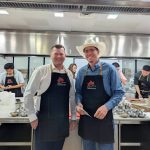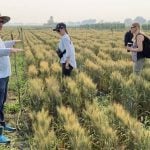WYNYARD, Sask. – Bernie Niedzwiedz doesn’t plan on using his 30 metre sprayer much in the next couple of years. Five years from now he doesn’t plan on using it at all.
Niedzwiedz has penciled it out and feels that shifting the 1,600 acres he farms into organic production makes the most sense economically. And Niedzwiedz has a very sharp pencil.
Since the 1980s, the Wynyard, Sask., grain farmer has been teaching other producers how to improve returns.
“I’ll be no worse off. Did I say worse off? That sounds pessimistic. Better off. I’ll be no better off than I am now if I go organic. And I won’t have to handle the chemicals any more,” he said.
Read Also
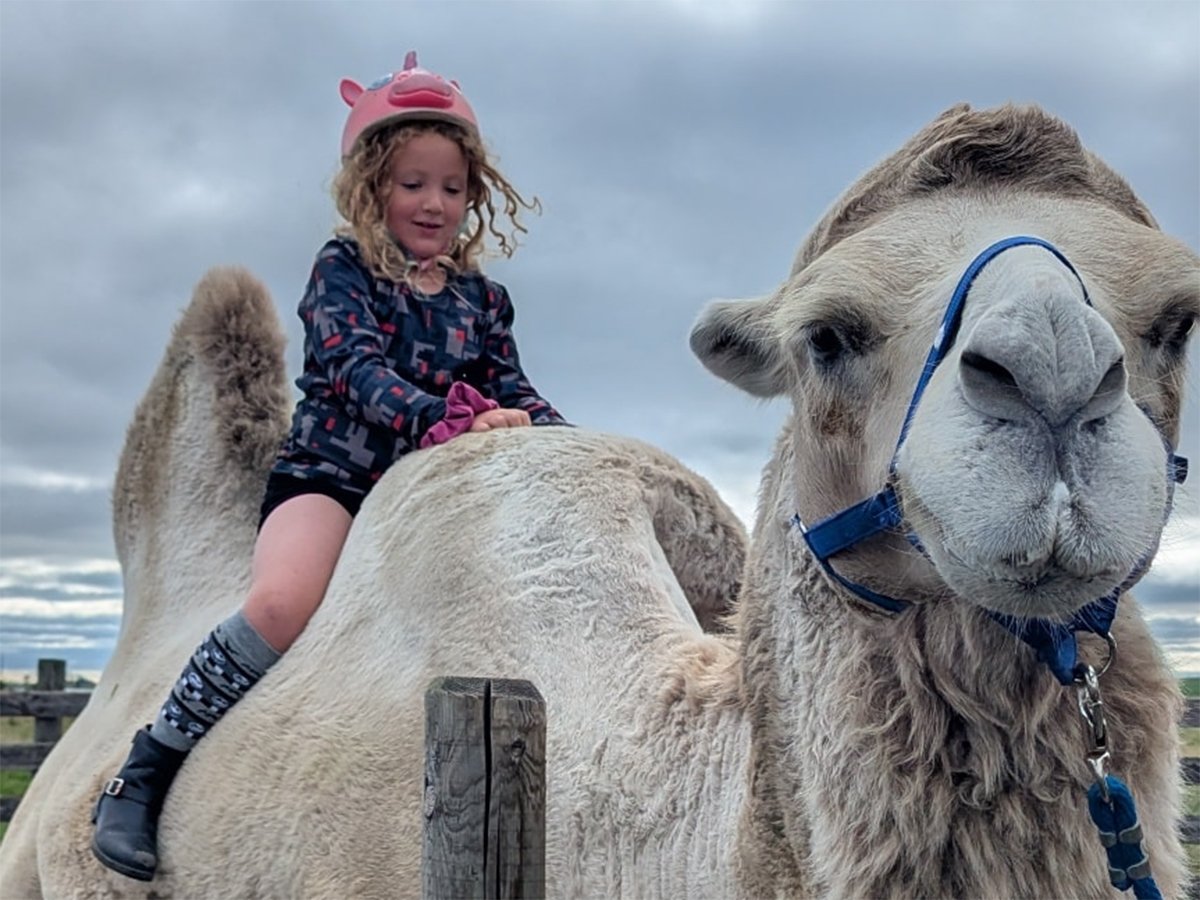
Volunteers help exotic animal farm rebuild
Exotic animal farm loses beloved camel and pony to huge hail storm that gripped the Brooks, Alta. area as a community member starts a fundraiser to help the family recover from the financial and emotional damage.
Teaching farmers and creating educational programs for them and the provincial government, as well as consulting, have supplemented Niedzwiedz’s farm income for nearly 20 years.
He chose growing oilseeds and cereals over a career as a schoolteacher more than two decades ago.
“I didn’t like the idea of being in a classroom on a cool, clear, blue October afternoon. I wanted to be out on the land …. Educating farmers was a means to help me do that. And I got to meet some great people along the way.”
He describes his work this winter as an education for himself.
“I’m studying the organic production manual … attending meetings of a few organic farm groups’ chapters, trying to pick one that will work for me. I have some things to learn before spring. And I’ll be out there talking to some potential buyers of my product. I’m sure that will teach something too,” he said.
Starting this spring Niedzwiedz will have to be a member of one of the organic growers organization chapters so he can start the process of having his land inspected.
He is beginning with only a few acres but has a plan to take the entire farm organic in eight years.
“It will take time but I think doing it slowly gives you time to adjust, both agronomically and financially.
“I talked to my partner this morning. We had a meeting and he thought my plans made sense and the balance sheet would read the same at the bottom line. I’m not saying the balance sheet won’t change, but the total at the end will remain the same.”
Niedzwiedz’s partner is the bank. He has used the term for the financial institution for years.
“They supply the money. We make agreements. We both profit from my farm. They are my partner,” he said.
Total sales will drop on the farm, especially during the transition period when he will not use chemicals but will be unable to sell his production as certified organic. However, offsetting that is the reduced price of inputs.
Niedzwiedz’s business-minded approach to farming extends to the most basic feature of his farm. He owns only 80 acres of land.
“I don’t see the need to have the land to make a living farming. Never have, and you know what? The bank doesn’t care. Lots of businesses are operated this way. You have to operate like a business when you don’t have a large equity base to buffer you. I’ve made a living at it. It can be done.”
Niedzwiedz said a few of his landlords were apprehensive when he first told them he was shifting their land to organic production, but they soon warmed to the idea.
“It’s cash rent. They aren’t out anything if I can’t make it work. But most of them are old enough that they remember when their land was organic. They didn’t use chemicals or fertilizers and they had good crops too. It isn’t as much of a leap for them as for some younger guys.”
Niedzwiedz said moving from a zero-till farm to one where tillage and weeds are part of the daily routine will take some adjustment.
“With chemicals, you get a little behind and 93 feet of sprayer will get you caught up in a heck of hurry. With organic you can’t do that. You have to stay caught up,” he said.
The farmer looks forward to working with his son, who is interested in organic farming.
He also plans to continue teaching computer courses and accounting through the Carlton Trail regional college and will do consulting in winter through the company in which he is a partner, Cornerstone Educational Services.




